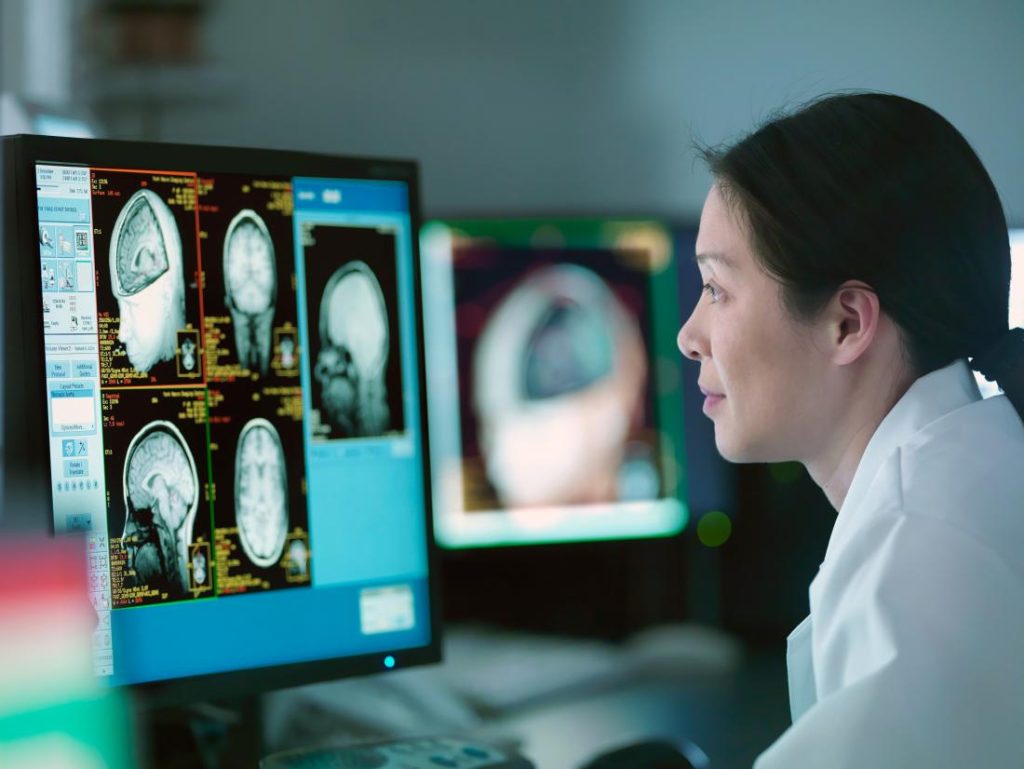Common Misconceptions about General Dentists

Imagine walking down the streets of Jamison, PA. You might see families, local businesses, and, among them, your friendly neighborhood general dentist. Now, it’s time to ask yourself, “How much do you know about general dentistry?” Perhaps you hold some ideas that don’t quite hit the mark. This blog, focused on general dentistry jamison pa, is here to debunk common misconceptions that too often cloud our understanding. It’s time to clear the fog and uncover the truth.
Misconception One: Dentistry is Only About Teeth
Think dentistry is just about teeth? Think again. General dentistry is about much more than just your pearly whites. It’s about your gums, your tongue, and even your jaw. It’s about maintaining the health of your entire mouth which is, in turn, crucial for your overall health. So, the next time you think dentistry is only about teeth, remember, that it’s much more.
Misconception Two: More Sugar Equals More Cavities
Eating a lot of sugar can lead to cavities. But it’s not the only culprit. How often you eat sugar can be just as damaging as how much you eat. Snacking on sugary foods or sipping sugary drinks throughout the day gives bacteria in your …



